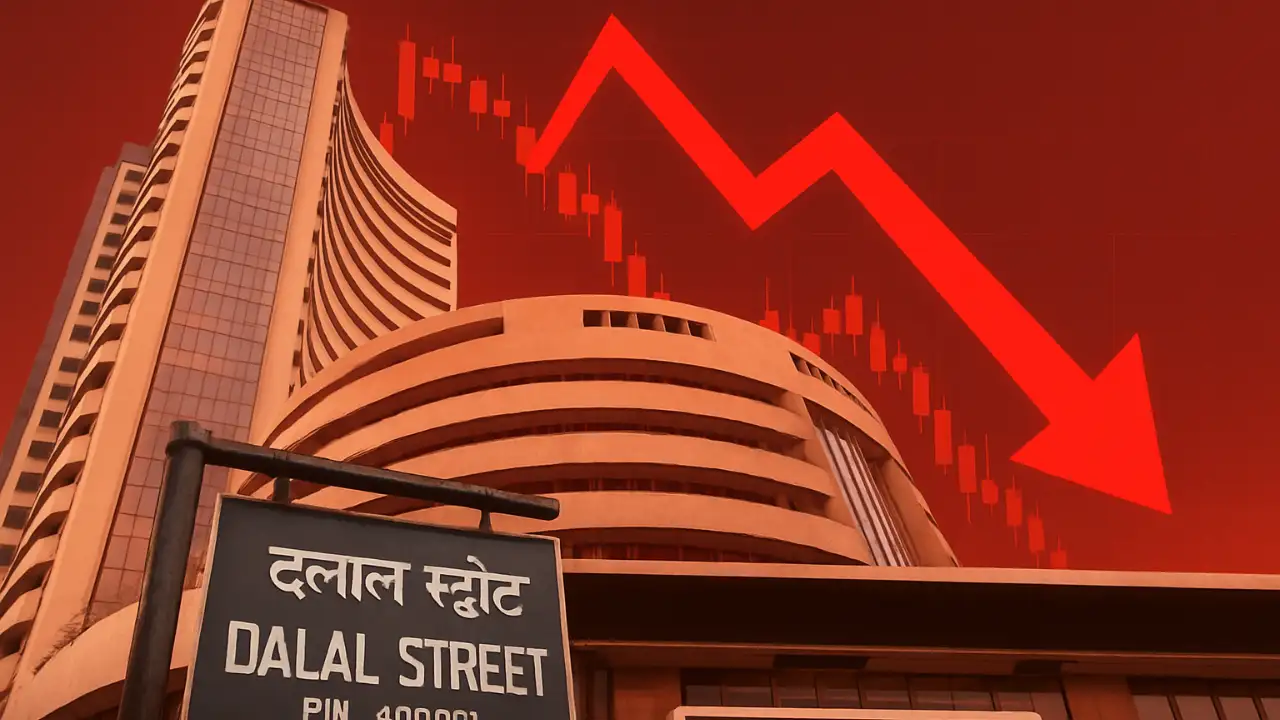By Samannay Biswas
Copyright timesnownews

Over the past 12 months, the Sensex has essentially delivered zero returns, leaving investors disappointed despite a backdrop of interest rate cuts, GST and income tax reliefs, and steady domestic fund inflows. Analysts point to weak corporate fundamentals and earnings shortfalls as the key reasons behind Dalal Street’s stagnant performance, said a TOI report. While retail investor sentiment has remained upbeat, the broader market tells a different story. BSE’s midcap and smallcap indices have both dropped more than 4% over the past year, highlighting underperformance beyond the headline Sensex. The primary culprit is an earnings-valuation mismatch: despite many stocks being flat or declining, valuations have stayed elevated. Nifty 50 companies reported only about 8% earnings growth, underwhelming expectations, with delayed urban demand recovery and persistent input cost inflation weighing heavily on results. The surge in valuations earlier can be traced to post-Covid pent-up consumption between 2022 and 2024, which created a temporary boost in earnings growth, leading investors to pay a premium for stocks. However, the euphoria has faded, and market gains haven’t kept pace with expectations. Another significant factor has been foreign investor caution. Ongoing trade tensions with the US and policy uncertainty have prompted FPIs to pull out roughly $20 billion in 2025, even as domestic institutional investors injected around $62 billion. Despite this, Sensex has managed only a modest 5.5% year-to-date gain, demonstrating that flows alone are insufficient to drive market returns. Mutual fund inflows, particularly via SIPs, have cushioned the market, reflecting retail confidence even during flat growth periods. Looking ahead, analysts expect a recovery once foreign investors return and corporate earnings improve. Resolution of trade disputes, stronger quarterly results, and global interest rate easing could reignite investor confidence and capital inflows. Moreover, fresh capital expenditure announcements by both the government and private sector may rejuvenate consumption, ultimately supporting earnings growth. Kotak Institutional Equities expects gradual improvement in earnings over the next few quarters, with stronger growth anticipated in FY27, though valuations remain elevated. Get Latest News live on Times Now along with Breaking News and Top Headlines from Business, Companies and around the world.



